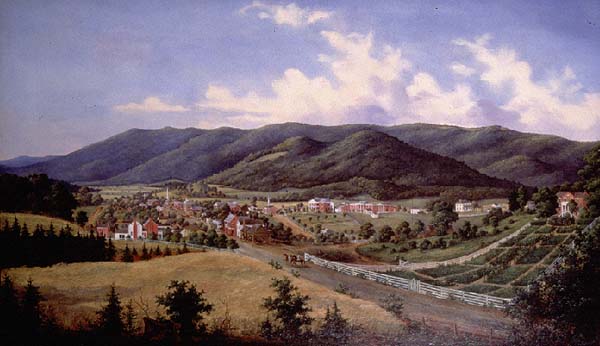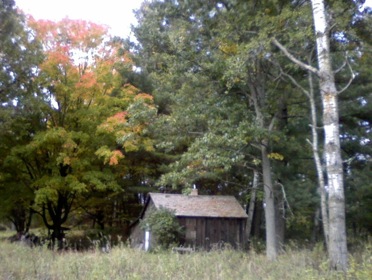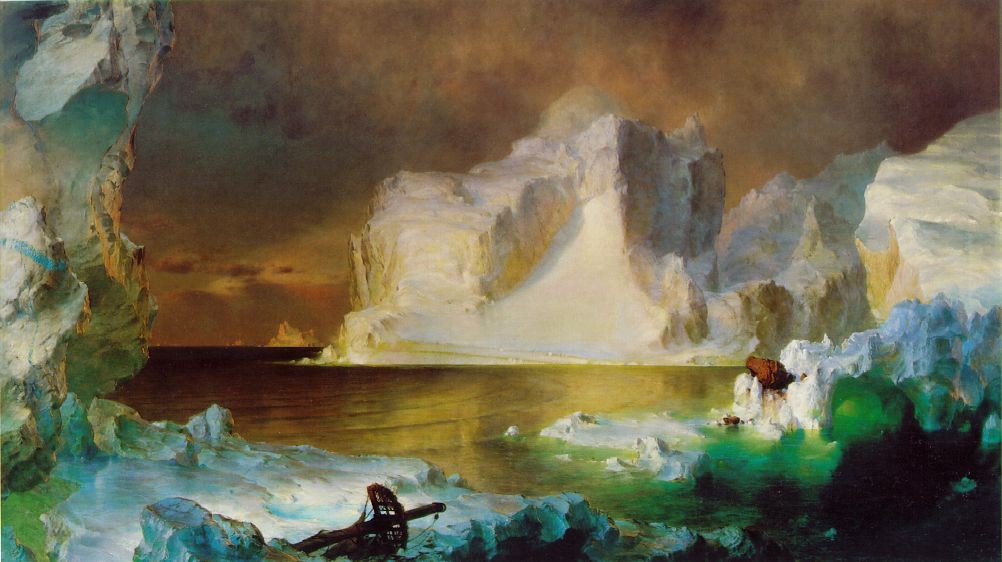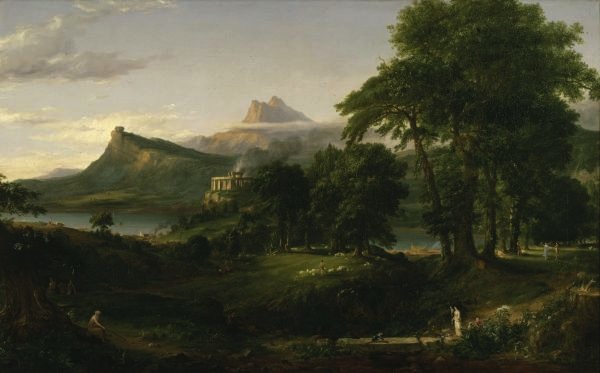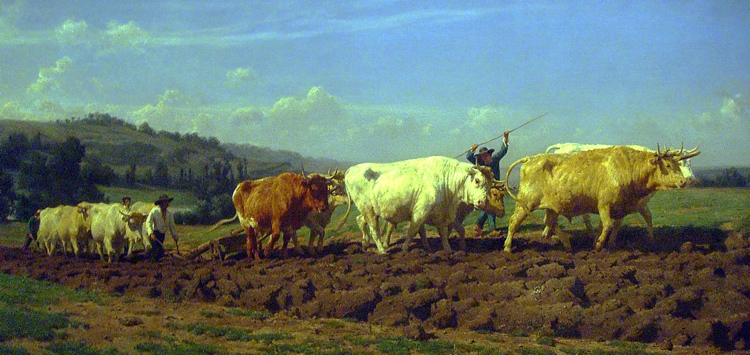Environmental History is the
study of how human settlements alter ecological conditions and to what extent those particular changes
influence each succeeding era’s ideas about nature with respect to responsible
land, air, and water resource-use from one period to the next.
Ante-bellum Richmond, Virginia.
Richmond, at a glance from adjacent high ground, through a dull cloud of bituminous smoke, upon a lowering winter's day, has a very picturesque appearance, and I was reminded of the sensation produced by a similar coup d'oeil of Edinburg. It is somewhat similarly situated upon and among some considerable hills, but the moment it is examined at all in detail, there is but one spot, in the whole picture, upon which the eye is at all attracted to rest.
A considerable part of the town, which contains a population of 28,000, is compactly and somewhat substantially built, but is without any pretensions to architectural merit, except in a few modern private mansions. The streets are not paved, and but few of them are provided with side-walks other than of earth or gravel. The town is lighted with gas, and furnished with excellent water by an aqueduct.
 Frederick Law Olmsted, A Journey, Page 20.
Frederick Law Olmsted, A Journey, Page 20.
Ideas meaning those concepts associated with the perception, ideology and values that contribute to methods of discovery with respect to our surrounding land, air and water when contrasted with and Earth’s eye view of the past.
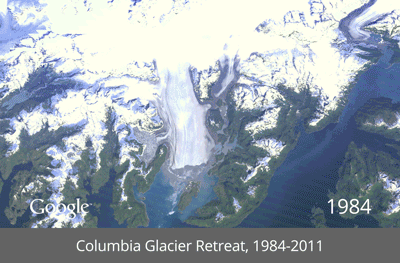
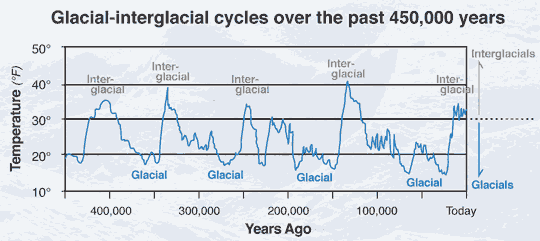
As Elizabeth Ann R. Bird has said "From [environmental] histories we can infer the modes of thought and behavior that are more likely than others to be detrimental to the environment we want to live in. A primary element of such histories should be the social analysis of scientific knowledge construction, because many technologies that are science-based cause so many environmental problems."
Elizabeth Ann R. Bird, "The Social Construction of Nature: Theoretical Approaches to the History of Environmental Problems," Environmental Review 11, no. 4 (Winter 1987): 255-264, quote on p. 255.
Source | definition of the logic of ideas | duality | more on the earth | related ideas | terms to know
Ideology is a related set of political and economic ideas that support a view toward acting to use or conserve resources, motivate people, or justify the aggregation of capital wealth.
Thus, an ideology is also the justification for exercising power, exerting authority, or coercing a desired response.
The logic of ideas implies that there exists a:
• Coherence of thoughts related to actions, conditions and relations,
• An integrated set of internalized assumptions,
• Are co-sustaining concepts, such as freedom and equality, or peace and justice.
Ideologies reflect values that people espouse, or in which people say they believe.
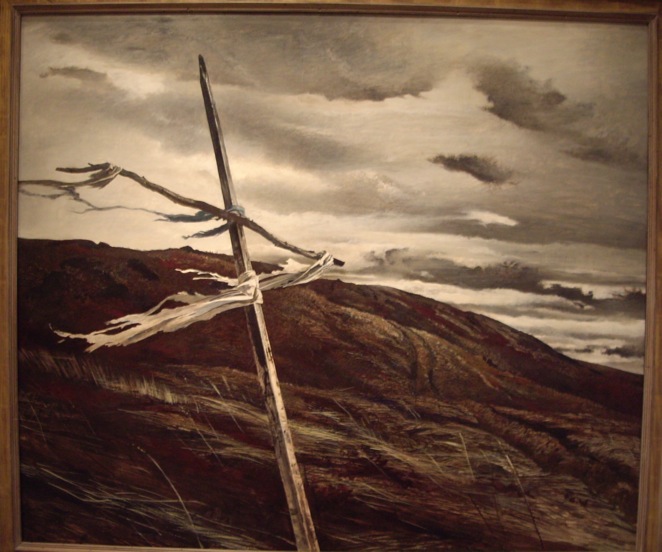
Source:
Donald Worster
Perception, Ideology, and Value
“”Humans are animals with ideas as well as tools, and one of the largest, most consequential of these ideas bears the name ‘nature.’ More accurately, ‘nature’ is not one idea but many ideas, meanings, thoughts, feelings, all piled on top of one another, often in the most unsystematic fashion.
p. 8.
“an ecological interpretation of history.”
p. 5.
“Nature is an order and a process we do not create, and in our absence it will continue to exist.”
p. 8.
His systematic organization of ecological history:
Natural Environments ––––– modes of production –––– perception, ideology & values.
![]()
“treated as one whole."
p. 5.
“understanding nature itself…”
p. 4.
“The chemistry of the soil with its cycles of carbon and nitrogen, its pH balances wavering with the presences of salts and acids, setting the terms of agriculture.”
We “must begin by reconstructing past landscapes, learning what they were and how they functioned before human societies entered and rearranged them.”
The modes of production
“the socioeconomic realm as it interacts with the . . . . ecological history.”
pp. 4-5.
p. 7.
“The environmental historian wants to know what role nature had in shaping the productive methods and, conversely, what impact those methods had on nature.”
p. 8.
perception, ideology & values.
“nature is a creation of our mind too….we are trapped in the prison of our own consciousness and web of meanings.”
P. 8.

“Every culture, we should assume, has within it a range of perceptions and values, and no culture has ever really wanted to live in total harmony with its surroundings."
p.9.
- history
- geography
- biology
- world view or weltanschauung.
- ecology and evolution as a bifocal way to see the world
- WEAL AS WATER, ENERGY, AIR & LAND, or habitat.
- Ways to see new relations
- economics as a science and a humanities
Donald Worster, “Doing Environmental History,” in Merchant, Problems, pp. 2-9.
Austin | Carson | Egan | Galbraith | Greider | Leopold | Reisner | Rome | Siry | Thomas | Thoreau | Van der Ryn | Williams
